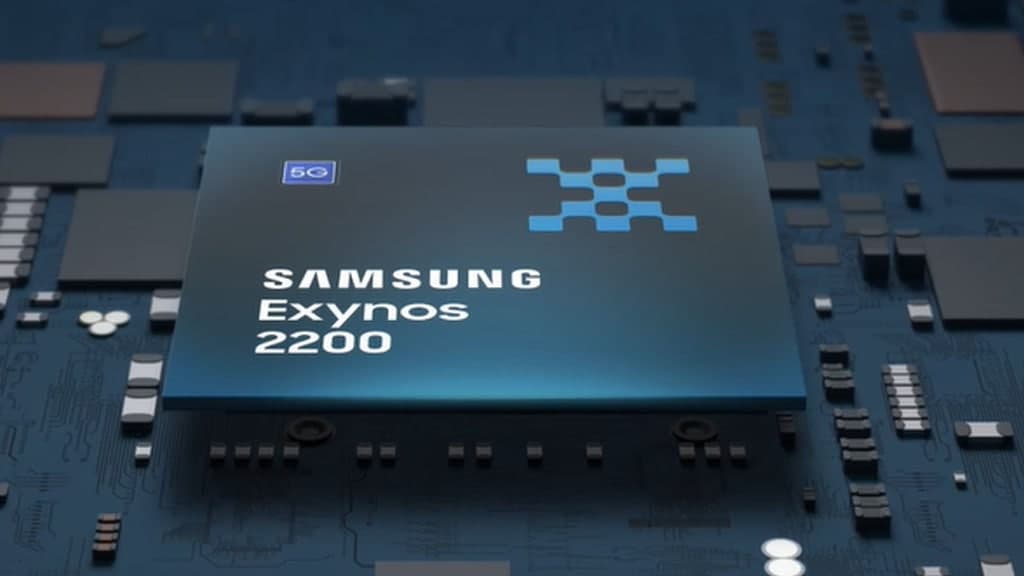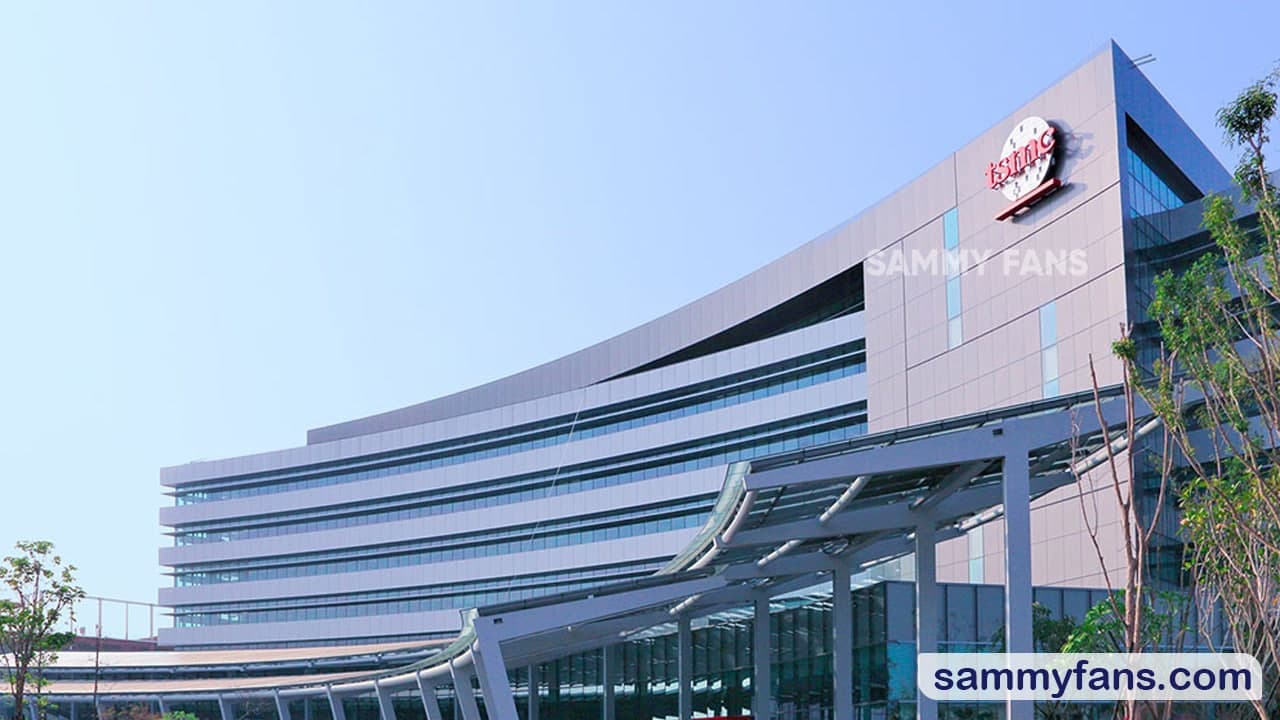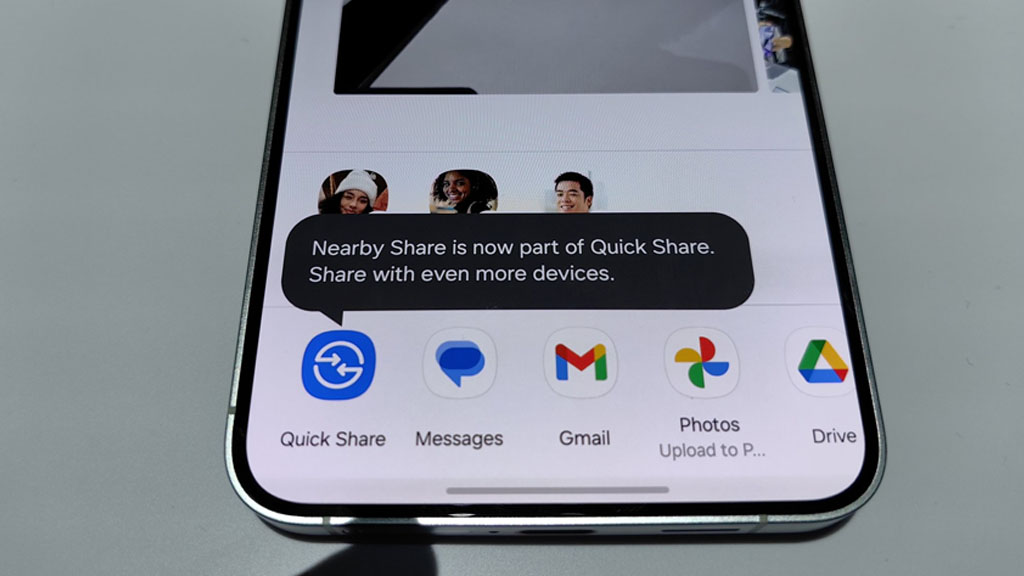News
Samsung Exynos slipped to 5th with negligible market share worldwide

Samsung Exynos chips were in third place till now, ahead of Apple chips in 2020, meanwhile, the company’s smartphone arm is refining its product range and Exynos chips have dropped to only 4% market share.
According to the latest Counterpoint report, Samsung Exynos smartphones chips account for only 4% of the global smartphone market share and less than 2% in the United States.
Join SammyFans on Telegram

Samsung Exynos grabbed fifth place as Samsung is reviewing its smartphone portfolio policy on outsourcing to Chinese ODM. Meanwhile, Qualcomm’s stake in Samsung’s smartphone portfolio has grown, ranging from 4G and 5G models manufactured by ODM to the flagship.
Whereas, MediaTek led the SoC smartphone market in the fourth quarter of 2021 with a 33% share. Shipments decreased due to inventory adjustment as many customers built up inventory due to supply chain constraints.
Unisonic rose to 11%, more than doubling its market share in one year. This should actually come as no surprise, as its chips drive to Honor, Realme, Motorola, and even Samsung smartphones.
(Via)
Get notified –
Aside from SammyFans’ official Twitter and Facebook page, you can also join our Telegram channel, follow us on Instagram and subscribe to our YouTube channel to get notified of every latest development in Samsung and One UI ecosystem. Also, you can follow us on Google News for regular updates.
News
TSMC unveils A16: 1.6nm semiconductor manufacturing process

TSMC will commence 1.6nm semiconductor production in the second half of 2026. The company’s Co-Chief Operating Officer, Y.J. Mii, announced (via NikkeiAsia) in the US that the new A16 chip manufacturing technology will begin production in the second half of 2026.
South Korea’s Samsung Electronics is also working on 1.6nm process tech, called Backside Power Delivery. Taiwanese chipmaker said that 1.6nm is an area where they are competing with Intel, racing to boost the speed of AI semiconductors.
Demand from AI chip companies led TSMC to develop the new A16 chip manufacturing process faster than expected. High NA EUV, the next-generation extreme ultraviolet exposure equipment for drawing ultra-fine circuits, is unlikely to be used.
Samsung previously revealed it plans to mass produce 2nm in 2025 and 1.4nm in 2027, which is similar to TSMC. Meanwhile, Intel could start mass production of the 1.8nm process later this year, with 1.4nm expected to be announced in 2027.
Stay up-to-date on Samsung Galaxy, One UI & Tech Stuffs by following Sammy Fans on X/Twitter. You can also discover the latest news, polls, reviews, and new features for Samsung & Google Apps, Galaxy Phones, and the One UI/Android operating system.
Do you like this post? Kindly, let us know on X/Twitter: we love hearing your feedback! If you prefer using other social platforms besides X, follow/join us on Google News, Facebook, and Telegram.
News
Fresh Samsung Quick Share App update available for Android 14 devices

Samsung is releasing a new update of the Quick Share app for Android 14 devices. Identified via version 13.6.13.6, the new update is available on the Galaxy Store with an installation package of 25.58MB
The fresh update brings the Family Hub refrigerator nearby sharing support for a better experience. It also fixes some bugs encountered in the previous version. However, it does not bring any new features or changes but you will surely get a smoother usability experience after updating.
It is worth mentioning that the Samsung Quick Share 13.6.13.6 update is compatible with Galaxy devices running Android 14 based One UI 6.1 or One UI 6.0. If your device is eligible you can install the update to enjoy enhanced functions.
Users can update the Quick Share app in two ways. The first way is to update from Galaxy Store, for which open the Galaxy Store app >> Menu Options >> Updates. A new page will open from where you can install all available updates.
The second one is from the app, for that, you have to open Settings of your smartphone >> Connected devices >> Quick Share >> About Quick Share. If any new update is available then you will see the Update option. You can install the latest update by tapping on the Update button.

Stay up-to-date on Samsung Galaxy, One UI & Tech Stuffs by following Sammy Fans on X/Twitter. You can also discover the latest news, polls, reviews, and new features for Samsung & Google Apps, Galaxy Phones, and the One UI/Android operating system.
Do you like this post? Kindly, let us know on X/Twitter: we love hearing your feedback! If you prefer using other social platforms besides X, follow/join us on Google News, Facebook, and Telegram.
News
Samsung TV Plus US adds three new channels from Mattel

Mattel to Bring Three Channels to Samsung TV Plus in the US. Barbie and Friends, Hot Wheels Action, and Mattel Jr. to mark Mattel’s first-ever FAST channels, enhancing Samsung TV Plus’ Family & Kids offering with content featuring iconic Mattel brands.
Samsung announced its partnership with Mattel, bringing three channels on TV Plus in the US. The newly announced channels will be available on TV Plus later this year, accessible through Samsung Smart TVs and Galaxy Devices.
Mattel’s Barbie and Friends, Hot Wheels Action, and Mattel Jr. to broadcast content inspired by globally beloved brands such as American Girl, Barbie, Hot Wheels, Fisher-Price, Masters of the Universe, Matchbox, classic Monster High, Thomas & Friends, and more.
The new channels will be easy to access, around-the-clock kids programming curated for fans of Mattel IP to enjoy hours of shows and family entertainment. Users can find the shows on the dedicated ‘Kids’ destination on the Samsung TV Plus home screen.

Image: Samsung Newsroom
Stay up-to-date on Samsung Galaxy, One UI & Tech Stuffs by following Sammy Fans on X/Twitter. You can also discover the latest news, polls, reviews, and new features for Samsung & Google Apps, Galaxy Phones, and the One UI/Android operating system.
Do you like this post? Kindly, let us know on X/Twitter: we love hearing your feedback! If you prefer using other social platforms besides X, follow/join us on Google News, Facebook, and Telegram.










